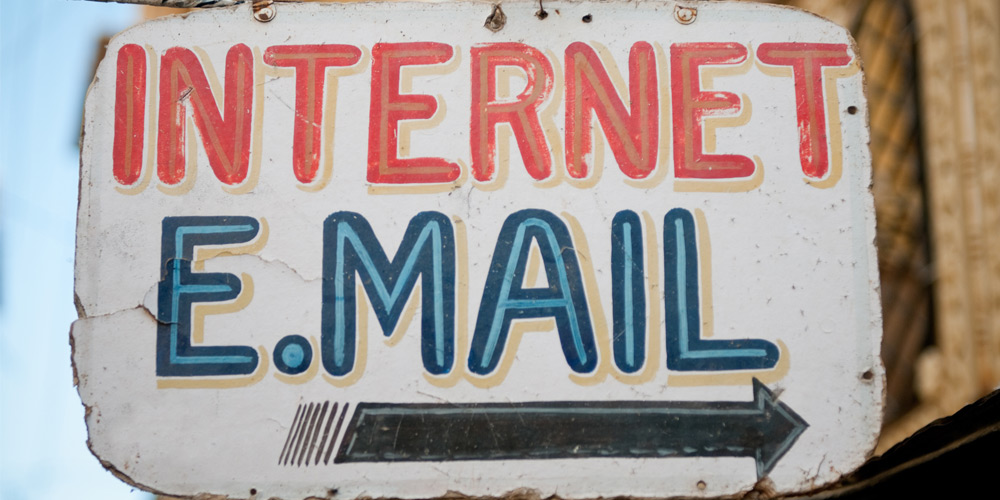strategy+business, July 24, 2019
by Theodore Kinni
Photograph by code6d
The benefits of digitization and Internet connections in developing nations — and the opportunities awaiting companies that can provide them — have been much lauded in the past couple of decades. But as Payal Arora, a professor at Erasmus University Rotterdam, clearly demonstrates in her new book, The Next Billion Users, the conventional storyline around the transformative effect of technology on people’s lives often doesn’t ring true.
Arora, who has been studying how the global poor outside the West use computers and the Internet for nearly 20 years, discovered this for herself during her first development project in a rural region of southern India. “The goal,” she explains, “was to infuse this town with new digital technologies to help the poorer members of the community leapfrog their way out of poverty.”
The project team set up computer kiosks and funded cybercafes. It sent computer-equipped vans to remote villages to promote Internet awareness. “We envisioned women seeking health information, farmers checking crop prices, and children teaching themselves English,” Arora writes. The reality was the polar opposite: The kiosks became Pac-Man gaming stations, social networking sites dominated computer usage in the cybercafes, and the free movies used to attract people to the vans became their primary draw.
This is the source of what Arora defines as the third digital divide between the developed and developing worlds. The first digital divide is access to technology. The second divide is the ability to use the technology — to read and write, for instance. And the third divide, which Arora labels “the leisure divide,” is rooted in motivation. “The leisure divide is about understanding what the global poor want from their digital life and why it matters to them,” she writes. “It reminds us that fulfillment is not necessarily a matter of efficiency or economic benefit but can involve a more elusive, personal, and emotive drive.” Read the rest here.















No comments:
Post a Comment